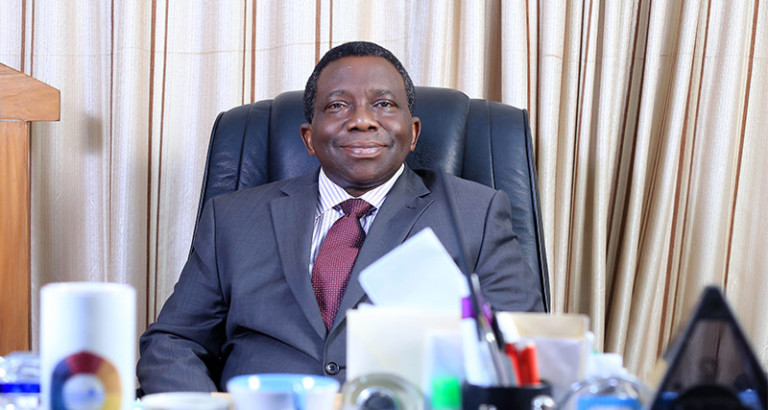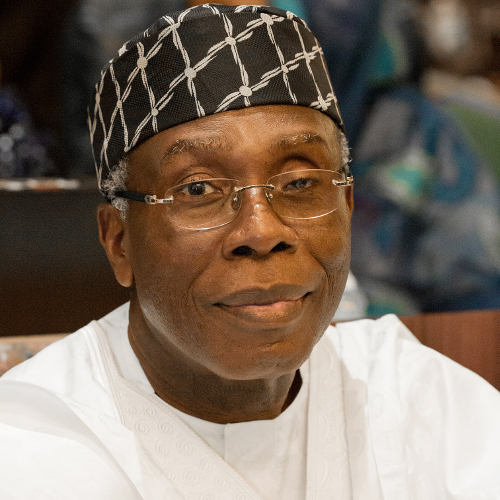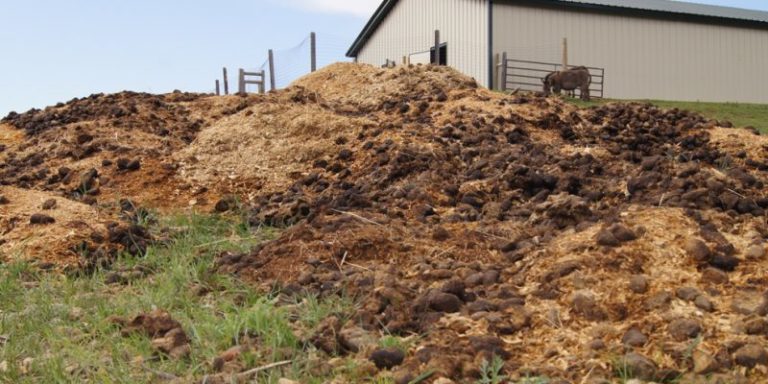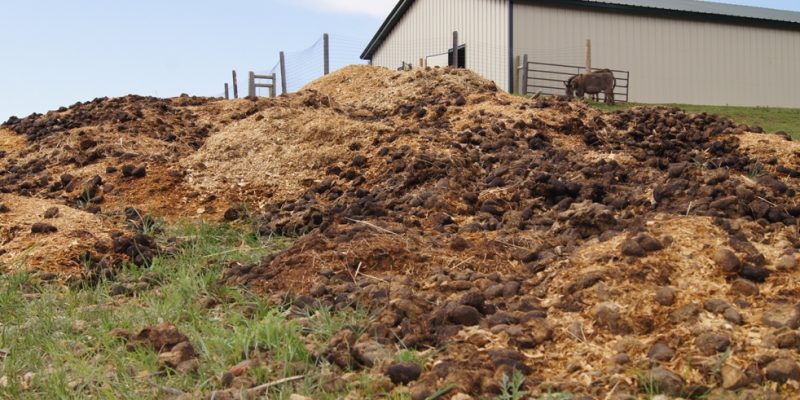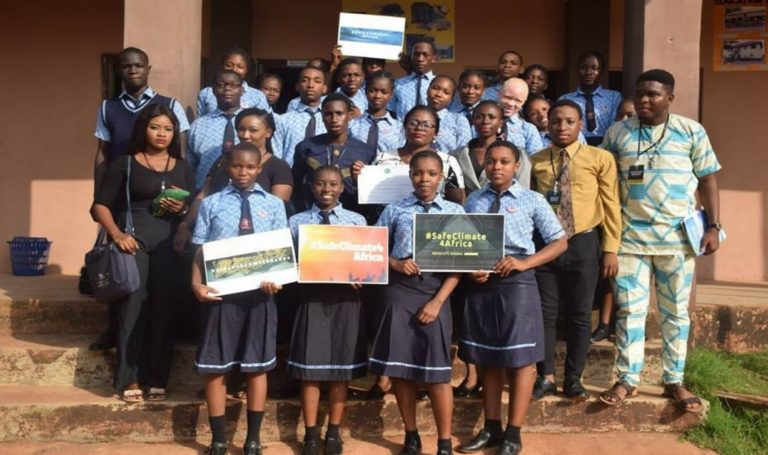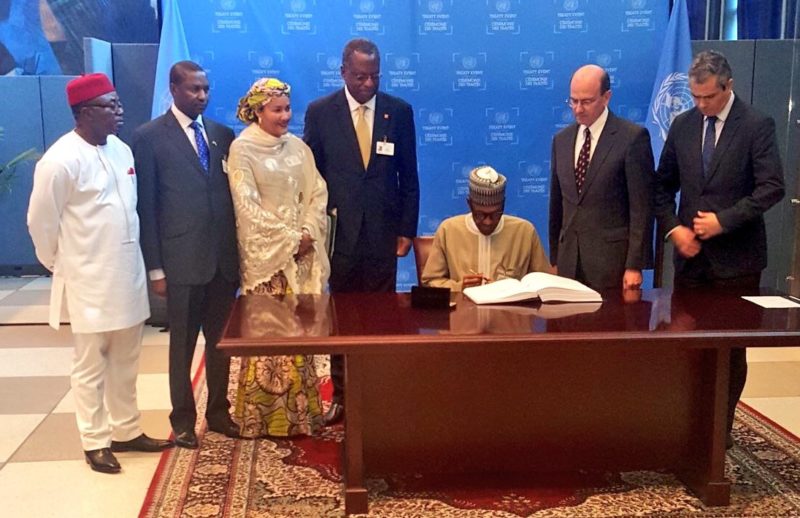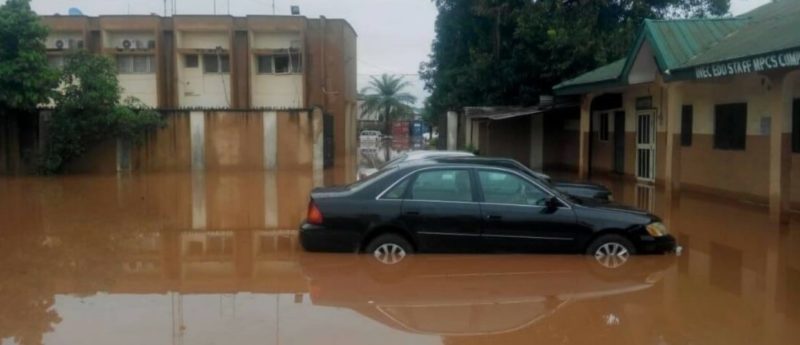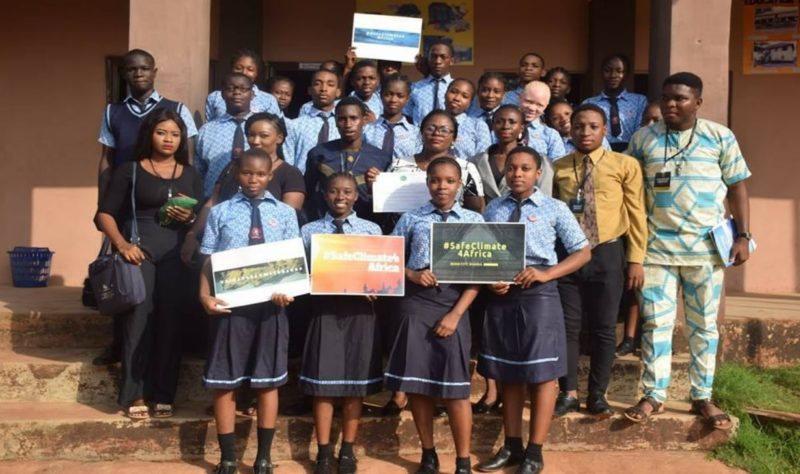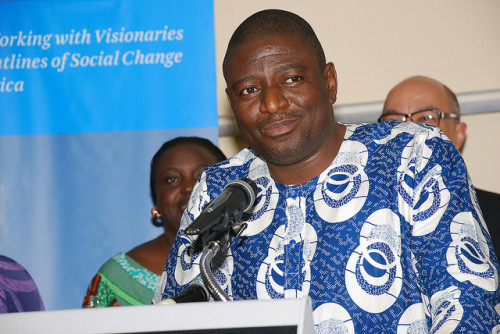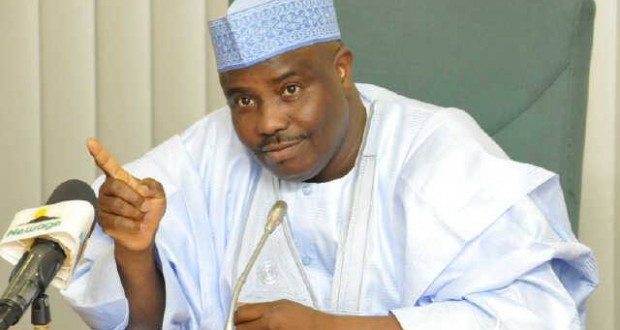The National Institute for Pharmaceutical Research and Development (NIPRD) says it has successfully researched and developed six traditional herbal products for the treatment of Ebola, Malaria and other diseases.
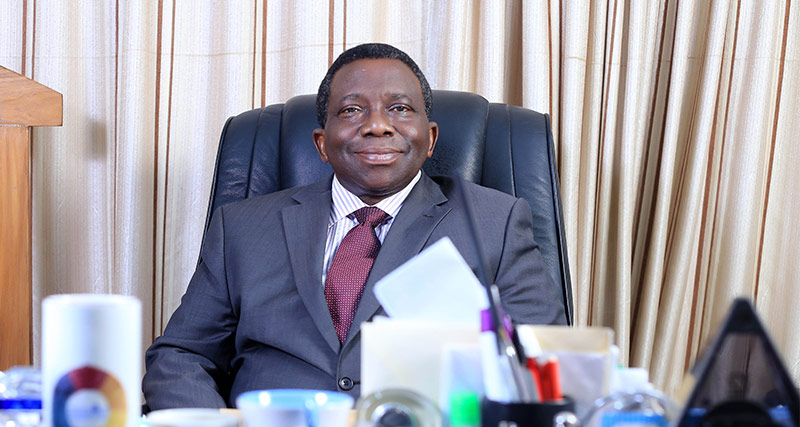
The NIPRD Director-General, Prof. Karniyus Gamaniel, said this while presenting the score card of his eight-year tenure (2009 to 2017) in Abuja on Friday, January 19, 2018.
The programme, organised by NIPRD, aimed to present the products researched and developed by the institute and present staff service awards to deserving workers.
He said that “NIPRIBOL”, a fixed dose combination drug, was developed by the institute for the treatment of Ebola Virus Disease, adding that the institute had completed the Phase I study of the drug.
Gamaniel said that the institute had also developed “NIPRIMAL”, an anti-malaria for treatment of uncomplicated malaria, stating that the drug was also safe for use by pregnant women.
Others are: “NIPRIMUNE”, an immunostimulant which can also be used to manage HIV in Nigeria and “NIPRIFAN” for the treatment of fungal skin infection.
He said that another product developed by the institute, “NIPRD Oil”, could be used as a nasal decongestant, insect repellant, air freshener and an anti-inflammatory agent.
He however noted that excessive use of this oil could cause irritation.
In a related development, the Dr SickleCell Centre for Sickle Cell Disease (SCD) has said that it is offering what could be the world’s most effective treatment for sickle cell disease which, according to the organisation, results have shown to be the fastest treatment yet for eliminating the pain crisis suffered by people living with the disease.
Acute sickle cell pain crises or pain episodes also referred to as vaso-occlusive crises, are a common painful complication of the disease and the main reason that patients seek medical care in hospitals. It is characterised by severe pains all over the body of the patients, from bones to joints, weakness, loss of vision, loss of mobility, inability to breathe and when left under-treated often leads to adverse life-threatening complications such as gallstones, lung crises (acute chest syndrome), pulmonary hypertension, stroke, eye damage, and even death.
The SCD treatment is said to be natural and administered to patients orally, eliminating the use of Syringe or IV Transfusions. According to the promoters, it is a non-invasive form of treatment which makes it stress-free for a patient experiencing mild or severe pain crisis. Backed by over three decades of intensive research and live results, the treatment is said to have shown to significantly improve the overall health outcomes and quality of life of people living with sickle cell disease in both children and adults, enabling them a life free from pain crisis, adverse complications and hospitalisation due to the disease.
“With over 35 years in the medical practice of treating chronic diseases and several breakthroughs in the field, I finally in 2016 ventured into focusing on the treatment of sickle cell disease having had significant results from my intensive research and successful treatment outcomes over the years. Dr SickleCell Centre for SCD is proud to have the best solution for sickle cell disease in the world at the moment as the treatment results are second to none in its class,” said Dr. David Ajaere, M.D., Chief Medical Director, Dr SickleCell Centre for SCD, a consulting Naturopath and Homeopath.
He added: “This treatment is purely natural, and can effectively eliminate the pain crisis in both children and adult patients experiencing pain crisis in less than six to12 hours depending on the crisis severity and we have records to show for it. Patients who opt-in for preventive care using this treatment live a healthy and normal life, feeling energised and experience an overall increase in health and quality of life. In the cases of patients who religiously stayed on their treatment plan, they never experienced further pain crisis or even visit the hospital unless for their routine check-ups. Patient must adhere to their treatment to attain total wellness.”
He continued: “The Pain Crisis is the primary cause of suffering in sickle cell disease. With this new treatment, patients no longer experience pain crises or adverse complications related to the disease. The likeliness for them to experience another pain crisis after commencing their treatment is virtually zero percent. The results are consistent regardless of the severity of disease or genotype. That is potentially the most significant new development for patients, especially in Nigeria where treatment options for the disease until now has been significantly limited. No pain crises mean no organ damage long term and no further adverse complications due to the disease.”
Prof Gamaniel of the NIPRD, speaking on the the treatment of Ebola, Malaria and other diseases, said: “The institute has also developed ‘NIPRISAN’ for the management of sickle cell anaemia. We are currently concluding plans to carry out commercial production and distribution of this product.
“We have developed and implemented various institutional policies for effective governance, these include the scheme and condition of service, intellectual policy and quality management system.
“We have also ensured the introduction of traditional herbal medicine into the national health system and established partnerships with local and international organisations.
“The core competence of NIPRD is in the development of phytomedicines from indigenous plants and products, clinical trials, among others; we are a quality assured institute,” Gamaniel said.
He said that presenting a report was necessary as it would serve as a baseline for the new leadership and provide an opportunity for new strategies to be introduced.
The institute presented awards to over 150 staff for their hard work and dedication to the growth of the institute, and the research and development of traditional herbal products.
The News Agency of Nigeria (NAN) reports that the Federal Government in 1987 approved the establishment of the institute as a parastatal under the Federal Ministry of Science and Technology.
It was established with the primary objective of developing drugs, biological products and pharmaceutical raw materials from indigenous resources towards the growth and development of the country.
The institute was later moved to the Federal Ministry of Health in 2001.
Dr. Ajaere said that, in 2016, The Dr SickleCell Centre for SCD launched with a patient-centered community campaign, the “SaveOne campaign” which offered to treat 100 sickle cell patient experiencing pain crisis at that time for free.
“The results and observations from the SaveOne campaign have greatly informed our decisions and strategy over the years. We quickly discovered that sickle cell disease was fast becoming a public health epidemic as the response to the campaign was immense and the offering of treatment alone cannot sufficiently improve on the disease status in the country.
“There were barriers that hindered people living with sickle cell disease from accessing quality care throughout the nation and these were identified as lack of healthcare infrastructure and SCD qualified healthcare professionals, lack of adequate awareness and knowledge of the disease in rural areas, accessibility, availability, and affordability of quality care. These are barriers that must be addressed in other to adequately and effectively tackle and possibly overcome sickle cell disease in Nigeria.
“Our major contribution to this is in our treatment offering and expertise, we are also partnering with reactive stakeholders, health bodies, SCD foundations and organisations within the government and private sectors. Through our partnership with some NGOs, we have been able to subsidise this treatment thereby improving on its affordability but more needs to be done especially in regards to the underserved of the Sickle cell community who still cannot access this treatment and we believe this can be achieved through effective and reactive partnerships.”
SCD is an inherited blood disorder and one of the most prevalent genetic diseases in the world. It predominates in sub-Saharan Africa, East Mediterranean areas, Middle East, and India, and the World Health Organisation (WHO) estimate that more than 300,000 babies are born with sickle cell disease worldwide each year.
While 75 percent (225,000) of all babies born with Sickle Cell Disease live in sub-Saharan Africa, Nigeria alone accounts for more than 66 percent (150,000) new births in sub-Saharan Africa every year, meaning that, in every two new babies born with sickle cell disease, one is a Nigerian and only 5% of these babies live past age 10.
Also, an estimated 25% (over 40 million) of its adult population are carrying sickle cell trait (AS) and 3.6 million people live with sickle cell disease. In other words, Nigeria has the world’s largest population of people with Sickle Cell Disease.

